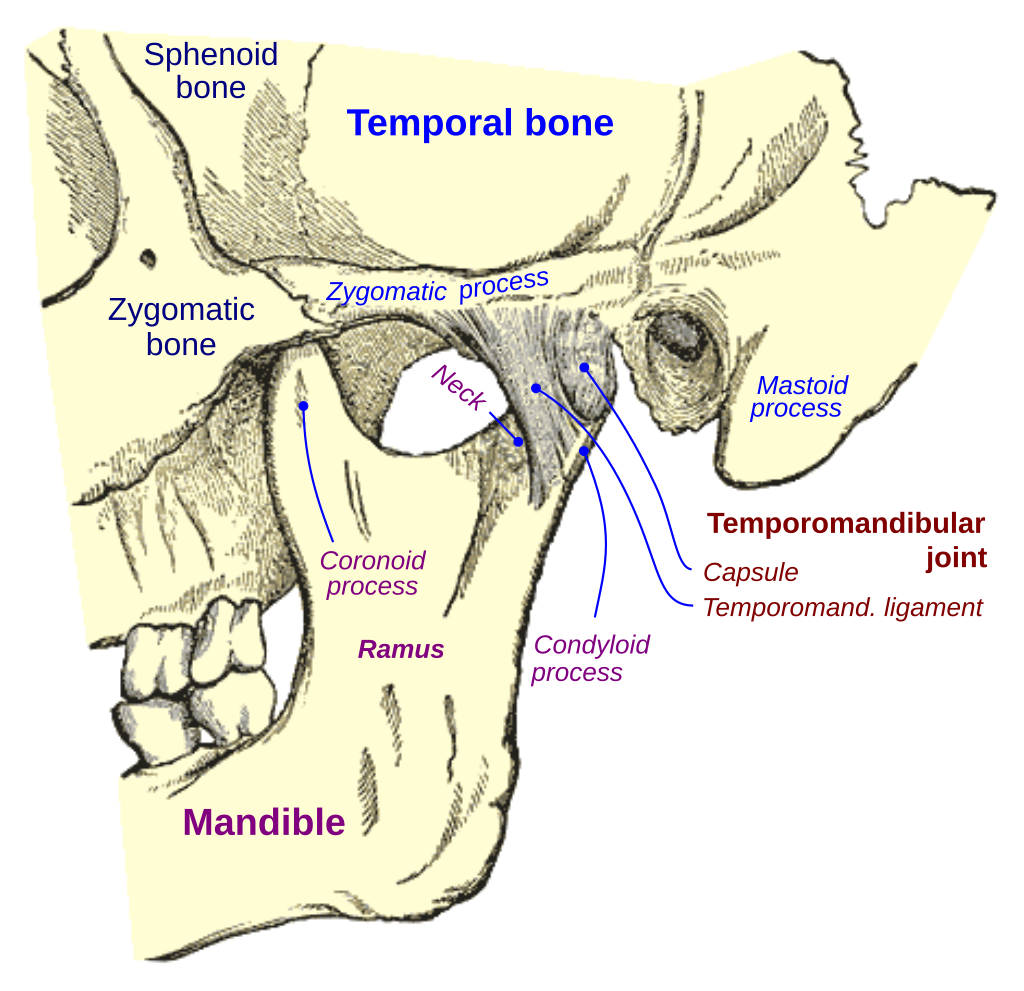
The TMJ disorders, affecting up to 33 million Americans, exemplify a medical condition that has been marginalized and insufficiently researched. The journey of patients like Feldman, who has undergone at least 24 TMJ-related surgeries with little to no relief, underscores the dire need for a paradigm shift in how the medical community approaches TMJ. The investigation rightly points out that despite nearly a century of attempts to treat TMJ, the disorder remains widely misunderstood, and treatments often do more harm than good.
Patients trapped in a cycle of futile surgeries highlight a critical area of concern: the ethical responsibility of healthcare providers
When treatments are grounded in “strongly held beliefs” rather than compelling scientific evidence, as noted by the National Academies of Sciences, Engineering, and Medicine, patients are led down a path of escalating interventions with diminishing returns. The horrifying account of a patient using a screwdriver to adjust jaw implants epitomizes the desperation and the extraordinary lengths to which sufferers go, often exacerbating their plight.
From a legal standpoint, these stories raise profound questions about medical negligence and the duty of care owed to patients
The adherence to outdated or unproven treatment modalities, especially when they result in long-term harm, may constitute grounds for malpractice. Furthermore, the lack of informed consent, where patients are not adequately apprised of the inefficacy or risks associated with certain treatments, underscores the need for greater transparency and accountability in patient care.
As attorneys, our role extends beyond seeking redress for individual grievances. We must advocate for systemic changes, pushing for increased funding for TMJ research, as highlighted by the significant discrepancy in NIH funding when compared to other conditions. Legal action can also catalyze reform in regulatory practices, urging the FDA to impose more stringent requirements for approving medical devices and treatments related to TMJ.
Picture source: Wikipedia By Jmarchn – Own work, CC BY-SA 3.0, https://commons.wikimedia.org/w/index.php?curid=79000156
